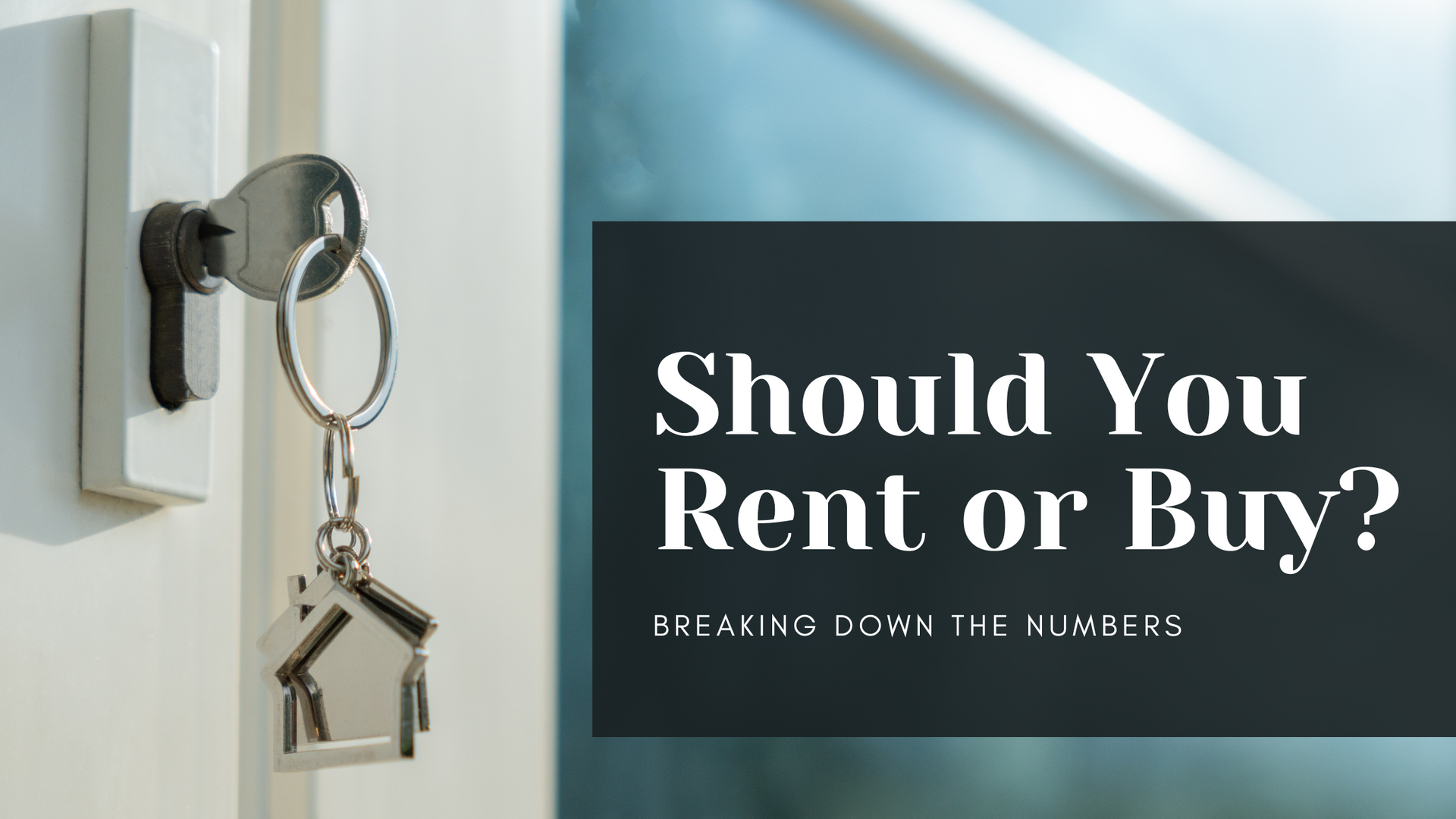If you’re considering a new home and have an FHA loan, you might wonder how your current residence can assist you financially, especially if you plan to rent it out. Understanding how to use rental income from your existing home can be a key factor in securing a new mortgage.

In this post, we’ll cover essential tips on leveraging FHA loans to include rental income in your mortgage application. Whether you’re looking to upsize, downsize, or simply relocate, knowing how to effectively utilize rental income can significantly impact your home-buying journey.
However, it's important to navigate the specific guidelines and requirements that come with this strategy. Ready to see how your current home can help pave the way to your next one? Let’s explore the details!
Key Considerations
When planning to use rental income from your current home for a new FHA loan, keep these key points in mind:
- Relocation Distance: Generally, you must move more than 100 miles from your current home to use its rental income for qualifying for a new mortgage.
- Multi-Unit Property Exception: If you own a multi-unit property and have been renting out at least one unit, you can qualify for a new mortgage even if your new home is within 100 miles.
- Equity Requirements: You need at least 25% equity in your departing residence to utilize its rental income for a new purchase.
- Lease Agreement: A solid lease agreement is essential to demonstrate the reliability of the rental income.
- Rental Income Calculation: Lenders will calculate your rental income based on the lesser of 75% of the fair market rent or 75% of the actual rent in your lease.
- Security Deposit Verification: Proof of your tenant's security deposit or first month’s rent is crucial for lenders to consider the rental income reliable.
Understanding Relocation Distance
As you embark on your new home search, it’s essential to recognize the implications of the 100-mile rule for FHA loans. To count your current home’s rental income when applying for a new mortgage, you typically must relocate more than 100 miles away. This ensures a legitimate reason for your move, like a job change or needing more space.
This rule helps lenders confirm that you intend to make the new property your primary residence, rather than just refinancing for rental income purposes.
The Multi-Unit Property Exception
If you own a multi-unit property, there’s a valuable exception to the distance requirement. If you've been renting out at least one unit, you can use that rental income even if your new home is within 100 miles. This demonstrates your capability to manage a rental property effectively.
Examples of Multi-Unit Properties:
- Duplexes: Two separate units.
- Triplexes: Three distinct units.
- Fourplexes: Four independent residential units.
Equity Requirements in Your Departing Residence
Equity plays a significant role when using your home’s rental income for a new purchase. Equity is the difference between your home's current market value and what you owe on your mortgage.
To qualify for using rental income, lenders generally require at least 25% equity in your current home, verified through a professional appraisal. This equity not only protects the lender's investment but also shows your financial stake in the property.
Importance of a Lease Agreement
A solid lease agreement is crucial when applying for a new mortgage with rental income. Lenders typically require a minimum one-year lease to ensure consistent rental income.
A well-structured lease should include:
- Tenant Information: Names and contact details.
- Rental Term: Start and end dates.
- Rent Details: Monthly amount and due dates.
- Security Deposit: Amount and return conditions.
- Property Description: Details about the rental property.
- Maintenance Responsibilities: Clarification of landlord and tenant duties.
Calculating Rental Income for Mortgage Qualification
Lenders will use a specific formula to calculate your qualifying rental income, known as the 75% rule. They will consider the lesser of 75% of the fair market rent or 75% of the actual rent stated in your lease. This accounts for potential vacancies and maintenance costs.
For example, if the fair market rent is $1,000 and your lease states $950, the lender will use 75% of $950 for your qualification.
Security Deposit Verification
To ensure that your rental income is reliable, lenders often require verification of your tenants' security deposit or the first month’s rent. This serves as proof of the legitimacy of your rental arrangement and the tenant's commitment.
You can document these transactions with:
- Bank Statements: Showing deposits linked to the lease agreement.
- Receipts: Signed acknowledgment of payment.
- Escrow Account Statements: If required by law.
- Lease Annotations: Documenting the receipt of payments within the lease.
Conclusion
Understanding the intricacies of FHA loans and rental income is vital for successfully navigating your home-buying process. Leveraging the rental income from your current home can open up more options when selecting your new property.
Key takeaways include adhering to the distance rule or qualifying for the multi-unit exception, maintaining substantial equity, securing a strong lease agreement, calculating rental income correctly, and providing verifiable proof of tenant commitments.
This guide serves as a roadmap to effectively use your existing assets. While this information provides a solid foundation, consider consulting with a mortgage advisor for personalized guidance tailored to your financial situation.
As you embark on this exciting journey toward your new home, keep these guidelines in mind to maximize your resources. With careful planning and informed decisions, your current residence can be the stepping stone to your dream home.
Feel free to reach out to me for assistance in verifying your FHA loan eligibility!


